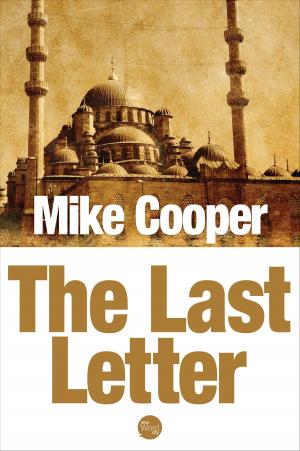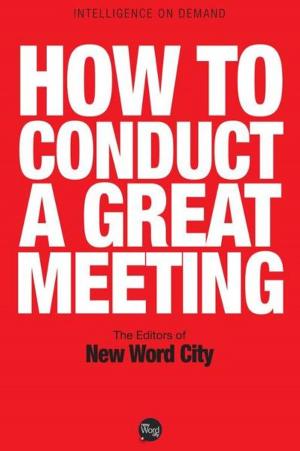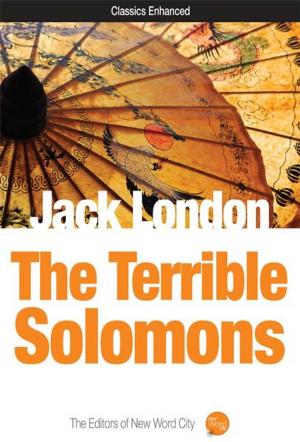| Author: | Andrew Lawler | ISBN: | 9781612301303 |
| Publisher: | New Word City, Inc. | Publication: | November 16, 2011 |
| Imprint: | New Word City, Inc. | Language: | English |
| Author: | Andrew Lawler |
| ISBN: | 9781612301303 |
| Publisher: | New Word City, Inc. |
| Publication: | November 16, 2011 |
| Imprint: | New Word City, Inc. |
| Language: | English |
If you want to know whether Egypts revolution is succeeding, consider the fate of Zahi Hawass, a man best known to Americans for his Chasing Mummies television series. After a decade as minister of antiquities, ruling with an iron hand over the countrys famous monuments, he was suddenly ousted in the summer of 2011. The worlds most famous archeologist blames his enemies for his fall, while his critics lambaste him for shoddy science, a dictatorial approach, and unseemly relations with U.S. television. In this profile, based on a recent lengthy interview in Cairo, Hawass defends his controversial reign, frets over unleashed by the events of January, and reveals his contempt for a leaderless revolution. Its a fascinating portrait of a man obsessed with the past being swept away by current events.
If you want to know whether Egypts revolution is succeeding, consider the fate of Zahi Hawass, a man best known to Americans for his Chasing Mummies television series. After a decade as minister of antiquities, ruling with an iron hand over the countrys famous monuments, he was suddenly ousted in the summer of 2011. The worlds most famous archeologist blames his enemies for his fall, while his critics lambaste him for shoddy science, a dictatorial approach, and unseemly relations with U.S. television. In this profile, based on a recent lengthy interview in Cairo, Hawass defends his controversial reign, frets over unleashed by the events of January, and reveals his contempt for a leaderless revolution. Its a fascinating portrait of a man obsessed with the past being swept away by current events.















